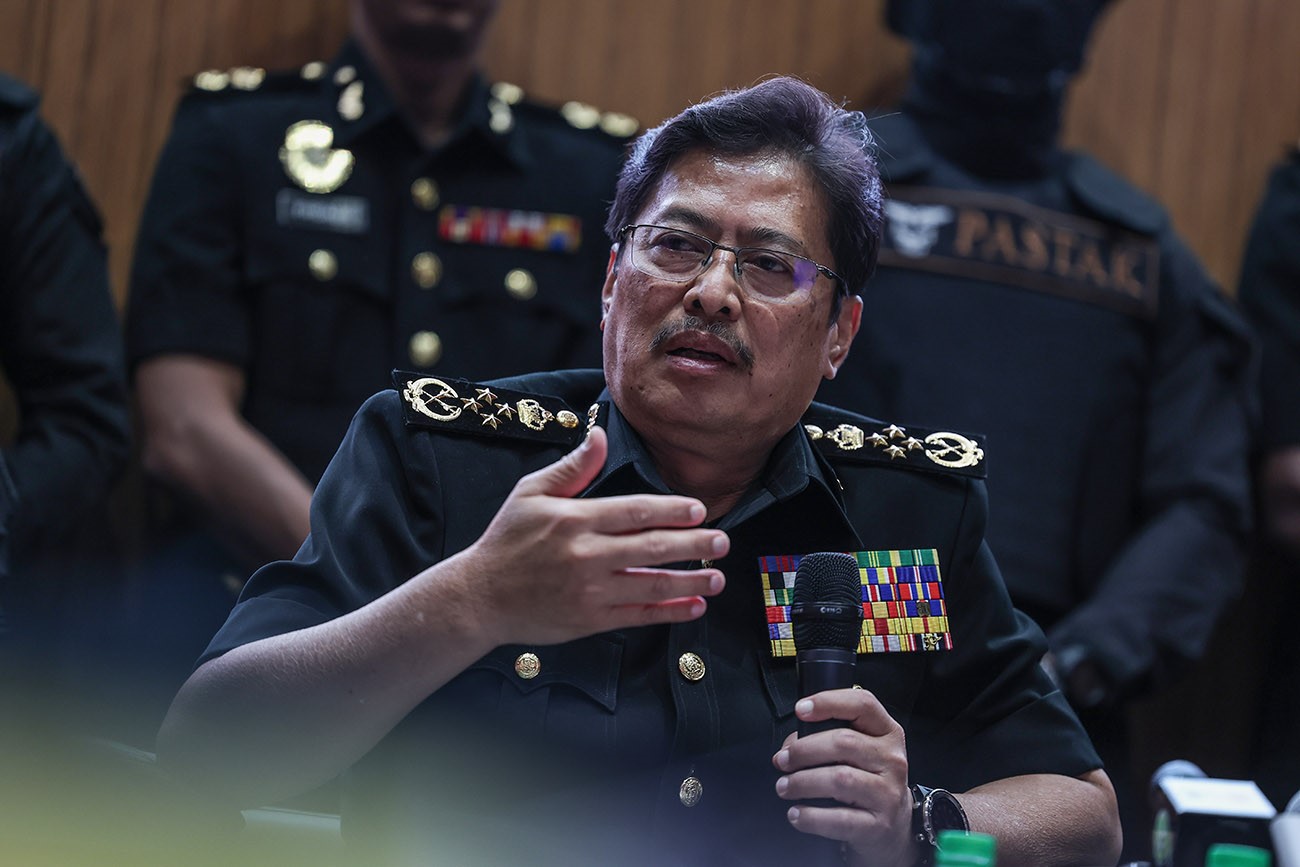ON Sept 26, Bloomberg released a report citing three sources who claimed that Prime Minister Datuk Seri Anwar Ibrahim had ordered Malaysian Anti-Corruption Commission (MACC) chief commissioner Tan Sri Azam Baki not to investigate Farhash Wafa Salvador Rizal Mubarak over the latter’s purchase of shares in HeiTech Padu Bhd.
Bloomberg had also reported that Azam had stated to MACC officials that Anwar had instructed him to launch investigations into former prime minister Tun Dr Mahathir Mohamad, his three sons, and former finance minister Tun Daim Zainuddin instead.
The Prime Minister’s Office (PMO) as well as the MACC have both denied these allegations repeatedly.
Nonetheless, the credibility of the MACC remains under question while it is placed under the purview of the PMO, tainting any and all enforcement operations with the perception that they are politically motivated.
The Centre to Combat Corruption and Cronyism (C4 Centre) thus strongly urges the government to pursue MACC independence reforms in order to remove it from the control of the PMO.
Since Anwar’s ascent to leadership, the spate of arrests and investigations against politicians both sitting and former undertaken by the MACC have led many, especially those in the opposition coalition, to accuse Anwar of using the MACC as a political tool for silencing and intimidating his opponents.
For a prime minister who has touted himself and his administration as being committed to good governance principles, this latest report by Bloomberg is especially damaging to Anwar’s reputation.
The allegations of abuse of power by Anwar in directing the MACC’s operations are understandable.
Even though the MACC is an enforcement agency with powers to conduct investigations, make arrests, and make submissions to initiate prosecutions via the Attorney-General against individuals under the Malaysian Anti-Corruption Commission Act 2009 – powers analogous to that of the Royal Malaysian Police – it falls under and receives funding via the PMO.
The appearance of undue influence does not end there, Azam’s continued service is as controversial, having been appointed and reappointed to the position pursuant to sections 5(1) and (2) of the MACC Act 2009.

While the provisions of the Act stipulate that the appointment is made by the Yang di-Pertuan Agong (YDPA) on the advice of the PM, the application of Article 40(1A) of the Federal Constitution implies that the term “on the advice” minimises the role of the YDPA in these instances to a formality, meaning that the PM was entirely responsible for the decision to reappoint Azam.
This is clearly a demonstration of conflict of interest – how is the MACC chief commissioner supposed to carry out their duty impartially when their position is arbitrarily decided by the PM?
On Oct 7, Azam further hit back against criticism, stating that it was “unfair”, reaffirming that he did not take instructions from anyone, and that MACC’s functions were performed in accordance with the law.
This defence is mind-bogglingly puerile because it belies a complete lack of understanding of the perception of governance both from the perspective of the public as well as from the opposition.
The public has no way of knowing of the decision-making processes that take place behind the scenes, and opposition leaders are going to find any avenue to criticise the government and its institutions regardless.
The clear solution to win public confidence and to reduce the avenues by which the opposition makes criticism in this context is to reform the MACC.
Regrettably, the government has opted to take a far worse route to dispelling criticism by the opposition – on Oct 8, former UMNO supreme council member Isham Jalil was called in for police questioning regarding his post on Facebook whereby he challenged Anwar to sue Bloomberg for their reporting, which is tantamount to an intimidation tactic in order to silence criticism.
One step forward, one step back
Even in the instances where Anwar’s government attempts to commit to the reform of issues such as appointments to oversight and enforcement institutions, they fall flat when measured against previous similar initiatives.
The National Anti-Corruption Strategy (NACS) 2024-2028 – a document that is meant to spell out the government’s plans in implementing anti-corruption measures and reforms – stipulates that relooking at the requirements for the appointment and dismissal of the MACC chief commissioner shall be a long-term sub-strategy, with an anticipated period of 4-5 years for implementation.
One need not look very far back in the past to see that this is a watered-down version of a similar strategy in the National Anti-Corruption Plan (NACP) 2018-2023, which proposed a Public Appointments Bill to “regulate the exercise of Executive Power in respect of Public Appointments to certain constitutional and statutory offices”.
The facts at present do not lead to any clear conclusions as to what comes next, and the possibilities that arise do not bode very well for good governance in Malaysia.
If the identity of Bloomberg’s source were to be discovered, they will likely not receive whistleblower protection under the current laws because the protections are only granted when complaints are made to enforcement bodies – but how is one expected to blow the whistle to the very enforcement agency they are blowing the whistle against?

Both of these situations, while hypothetical, are very real possibilities and would be significant steps backward in terms of governance.
Anwar and his administration must be made to know that the best way forward that does not compromise on good governance is to pursue reform of the MACC, which includes disentangling the institution from the PMO, as well as introducing a new mechanism by which the chief commissioner is selected for the role.
C4 Centre has long campaigned for complete independence of the MACC from the executive branch of government, proposing that the entire institution be placed under the purview of Parliament, possibly through a Constitutional amendment.
In addition, the proposal for the Parliamentary Special Select Committee on Corruption to be tasked with the nomination of commissioners to the anti-corruption commission was made.
The government must come to the realisation that these reforms are not just important principally but also time-sensitive as well.
Anwar’s administration has been facing a growing amount of criticism for their inability to address corruption adequately despite paying lip service to it so often – the public trust deficit is ever-expanding.
Preserving the public’s faith in the administration makes it imperative that the government expedite good governance reforms such as these.
The government would do well to remember that they do not rule by a majority, and that 2020 has shown us that politics of the nation can change in an instant – goodwill and faith are finite resources and will dry up if not managed. – Oct 9, 2024
Main image: The Edge Markets









